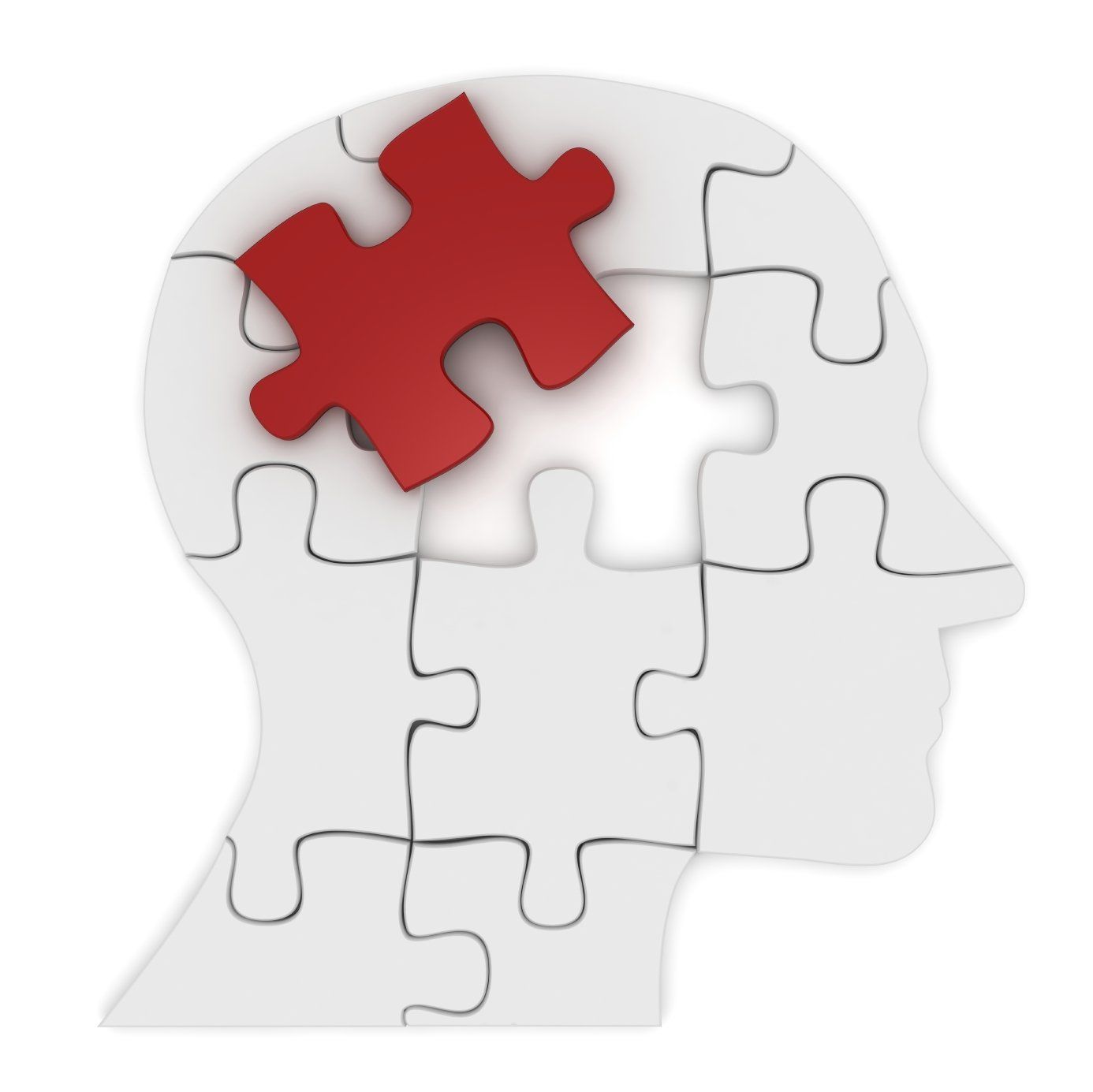Pediatric Sedation Guidelines
Often times young children and/or individuals with developmental disabilities are unable to cooperate or participate in their own care:
By definition "lack of cooperability" or "not easily arousable" is deep sedation or general anesthesia.
So, if being responsive or lacking immobility will prevent successful completion of procedure, deep sedation or general anesthesia will be necessary.
Further, since children have higher tendency to not be able to comply without being rendered unresponsive, pediatric procedures often requires deep or general anesthesia.
Unfortunately young children may be at increased risk of needing "rescue" from adverse effects of anesthesia (i.e. compromised breathing), so it is imperative that this treatment occurs only in an environment staffed, equipped
and trained to manage and treat these adverse events.
"For children, the American Dental Association supports the use of the American Academy of Pediatrics/American Academy of Pediatric Dentistry Guidelines for Monitoring and Management of Pediatric Patients"
PALS
"Pediatric Advanced Life Support for children less than 13 years of age".
